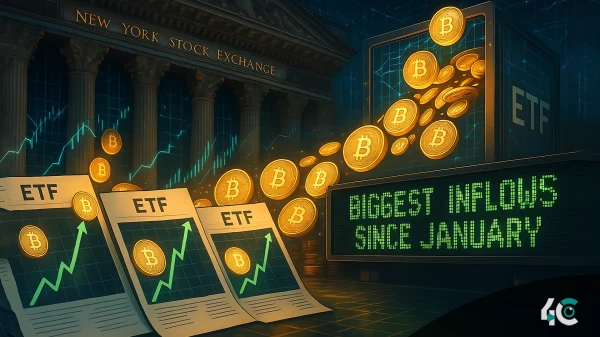The Rise of CBDCs and Their Implications.
Central banks are in a hurry to launch CBDCs. China has launched its digital yuan, while many other countries are still in the testing phase. CBDC proponents say they facilitate secure, efficient, regulated transactions. And it strengthens the financial system stability. Critics, however, warn that a CBDC could lead to unprecedented surveillance by the state, compromising our privacy and control over our money.
Bitcoin’s Role in the Digital Currency Era.
Unlike CBDCs, Bitcoin does not come under the control of any central authority, allowing users to perform censorship-resistant transactions. It runs on a pre-defined code, which limits its supply to just 21 million coins. Supporters believe Bitcoin is a hedge against inflation and other government interferences and like to call it the “digital gold.” Bitcoin has many perks, but it also faces some challenges, like government regulations, tax issues, restrictions on cryptocurrency exchanges, etc., that inhibit its mainstream adoption.
Is there coexistence or conflict?
As CBDCs gain popularity, will governments remove Bitcoin, or will it flourish alongside them? Whether or not Bitcoin survives depends on regulators, the rate of acceptance and adoption of Bitcoin and CBDCs, and whether people value financial independence or the safety of government money.
Shaping the Future of Finance.
The speed with which money is turning digital is setting the stage for a crucial confrontation between decentralized and centralized finance. The contest between Bitcoin and CBDCs will shape the future of digital currencies and change the way money is spent, controlled, and valued. Investors, regulators, and consumers should prepare for a financial catfight between digital assets as decentralized and centralized versions enter the fray.
By 2030, practically everyone will utilize digital currencies. The pivotal decisions made now will set the trajectory for our existing world, thereby significantly impacting the shaping of the future. Will Bitcoin and other decentralized money continue to exist, or will CBDCs take the lead? Only time will tell.






























